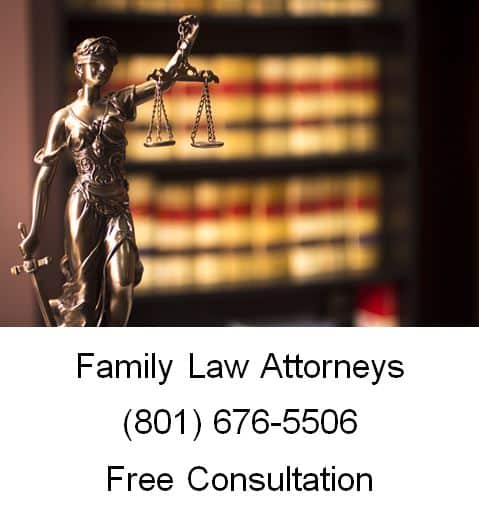The most common legal problems that come up in cohabitation situations outside of marriage or other familial bonds relate to money and property. Much like when a marriage breaks up, people living together who decide to split up face practical questions such as: Who remains liable for money owed on a lease?, or What happens to money that has been combined into a single account? What about household items purchased together? Despite one’s optimism that problems will not arise, it always makes sense to plan for the worst or at least understand the risks involved. This sub-section provides information to help those living together make smart decisions concerning money and property. Even though you’re not married, this falls into the category of Family Law.
Unmarried Couples and Property Basics
Couples that reside together before marriage are common and some will accumulate a significant amount of property without considering how their relationship status affects their rights to the property. When unmarried couples buy property they would be wise to consider how their status impacts the different kinds of ownership available and how property is divided if the relationship ends. Property is typically held through a joint tenancy, or a tenancy-in-common.
Joint tenants share ownership equally. If one party dies the other one automatically receives the deceased party’s share under their right of survivorship. Tenants-in-common each own a distinct share, which may vary between the parties. For example, one party may own 75% because of a larger contribution and the other holds 25%. When a party to a tenancy-in-common dies their share is distributed according to their will or the state intestacy laws.
If the property is held in a single party’s name it belongs to them upon death or separation and the other party doesn’t have a claim unless they can establish a common intention that the property be shared. This can be difficult without written evidence and proof of contributions to the purchase, payment, and maintenance of the property.
Joint Tenancy for Unmarried Partners
Many unmarried couples prefer to rent. Mortgages tend to extend over a very long period and rentals are relatively easy to terminate. However, since no equity is retained in a rental situation couples may decide to purchase a home even though they aren’t ready or don’t wish to get married. Where couples intend to own a home equally joint tenancy is a very useful form of ownership. Joint tenancy provides some distinct advantages for unmarried partners acquiring property that wish to preserve their individual rights over the investment.
Home ownership has financial and social advantages that joint tenancy can provide equally to both parties. The clarity that the legal status joint tenancy provides greatly simplifies dealing with the property as regards taxes, proving ownership, accessing credit, or dealing with death or separation. If only one party owns a property on paper they may incur a gift tax liability and the non-owning party can miss out on tax benefits conveyed by home ownership.
Home ownership provides important benefits and usually represents a significant investment. When a relationship ends fights over property can be contentious and complicated. By ensuring that property is equally owned by both parties many conflicts can be avoided or at least simplified.
Free Initial Consultation with Lawyer
It’s not a matter of if, it’s a matter of when. Legal problems come to everyone. Whether it’s your son who gets in a car wreck, your uncle who loses his job and needs to file for bankruptcy, your sister’s brother who’s getting divorced, or a grandparent that passes away without a will -all of us have legal issues and questions that arise. So when you have a law question, call Ascent Law for your free consultation (801) 676-5506. We will help you.
8833 S. Redwood Road, Suite C
West Jordan, Utah
84088 United States
Telephone: (801) 676-5506
Recent Posts
Top DUI Lawyer in Salt Lake City
Required Bankruptcy Disclosures Under Code 342 and 527


